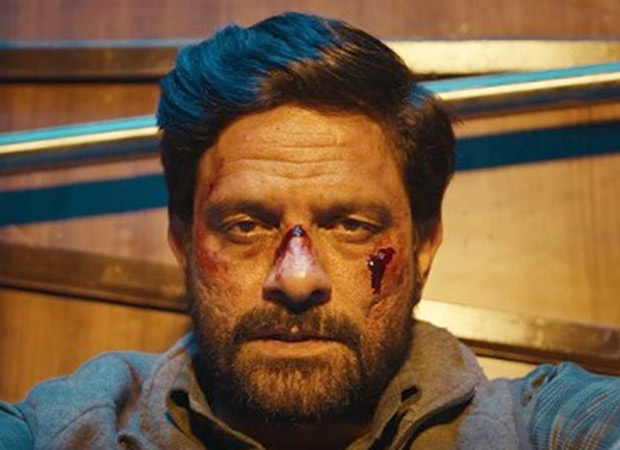Professor Uzi Rabi, head of the Moshe Dayan Center for Middle Eastern and African Studies at Tel Aviv University, spoke on Friday with Ron Kofman and Aryeh Eldad on 103fm radio, addressing the assassinations of senior Hamas and Hezbollah officials: Mohammed Deif, Ismail Haniyeh, and Fuad Shukr.
“I think these assassinations, and the manner in which they were carried out, certainly restore Israeli deterrence,” he said. “In the eyes of our neighbors, especially those in the Axis of Evil, Israel, over the past ten months, had lost a significant part of its image and the qualities that have always characterized it. What was done here partially restores the image of Israel as a country with capability, intimate intelligence, and operational effectiveness.”
He added, “I know the other side ‘a little,’ and things like what happened in Tehran penetrate deeply into the minds of their leaders at a level of ‘this could have happened to me.’ These people are very fond of themselves in their positions. To say that this solves the problem? Certainly not. Israel needs to become more sophisticated, but the elimination of Haniyeh and Fuad Shukr is one of many steps Israel needs to take to climb out of the dark pit of the battered state it has been in since October 7.”
Ring of fire around Israel
“To bring back the residents of the North, a war is needed. You need to bring back the residents of the North, and for that, you need to prepare mentally and operationally for war. This is Israel’s urgent task. What Iran has managed to do over forty years is to build a ring of fire here that makes war inevitable.”
He further addressed the geopolitical situation, saying, “Regional peace? I am a big proponent of the Abraham Accords. I spent a long time in the UAE, Bahrain, and Morocco, and there is a future for this. I am a strong supporter of normalization with Saudi Arabia. Peace is something that Israel perceives somewhat distortedly.
“‘They shall beat their swords into plowshares and their spears into pruning hooks.’ I’m not talking about the Book of Isaiah. I’m talking about normalization, which is a blend of interests that benefits both sides.
“This axis should be regarded as functional. Other countries fear Iran and Saudi Arabia, like us, and these countries are looking out for themselves. They see with dismay how the West, which is supposed to be their protector, is not. They think that when there is a threat of this kind, the United States will stand firm.
Not only is it not standing firm, but Iran is also on the verge of going nuclear. They know that if Iran becomes nuclear, they will respond. If there is no American administration that buckles down and works on Iran, not just with economic sanctions, I fear the world will look different. We’re talking about Russia and China, which will turn the free world into a place where dangers will be greater. Israel needs to understand what is happening around it.”
In conclusion, he said, “There is an existential threat, and it needs to be addressed as one body. Hamas is already crippled in every way, and this is how you defeat terrorist organizations. Hezbollah is bigger and more robust. We’ve found ourselves in this situation. This is the enemy we will face. If Athens was destined to be above Sparta, this is what Israel is destined to be in the coming years.”







